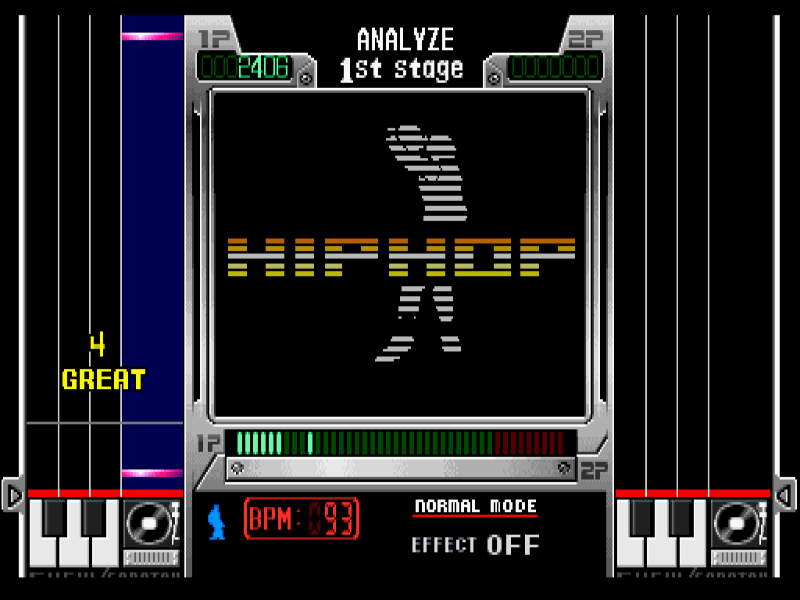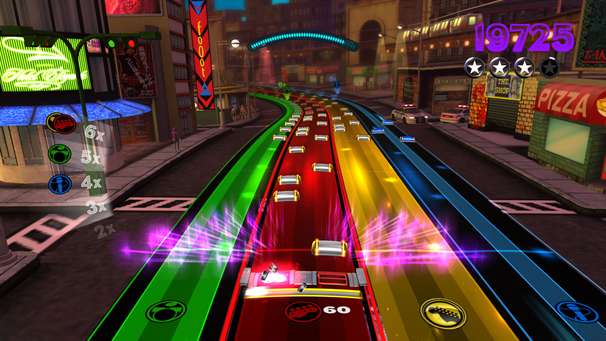In a year where live music fell silent, a game that kept the beat going.

If I were to rewind back to early 2002, there’s a scene I’d be able to point out where my outlook on music games was planted.
I would’ve been in front of my Playstation 1, trying out five key Beatmania for the first time. Already deeply familiar with DDR, the gameplay mechanics of doing something to the beat were not new. But pushing a button to trigger a “keysound” – some small sample, sequenced into the notechart – was very different. Properly following the game’s instructions got you better sounding music, rather than solely higher score. That clicked something inside my head.
I am the first to admit that, on average, I am not good at music games. Even though much of my “gaming legacy” is around being a “Bemani veteran”, I grew tired of the grind long ago. I am not going to regain whatever marginal skill I previously had in beatmania IIDX, or start a quest to grind out the hardest DDR songs. Yet I still love the games where I can fumble my way through “playing” a track.
This outlook change happened again when Harmonix’s Rock Band first hit the market. Now, it wasn’t merely making music play, but doing it together. Playing at a part was a thousand times more interesting than chasing gold stars on Expert.

Harmonix’s Fuser, released this November, has pushed my music game views forward once more. Here, we’ve moved past keysounds entirely, and in a world where stems – the individual instrumentation or vocals – from any song can be stacked on top of each other. The work that Harmonix did to automate beat-matching, pitch, and tempo in Dropmix migrates to Fuser and integrates so well it feels magical. Almost any combination of tracks can sound good.
The gameplay elements of Fuser are effectively secondary. Sure, you can quest through some sort of music festival narrative fulfilling requests from the producers and fans in the crowds. But it is less interesting and more tutorial-ish than the two modes I have spent the most time in: social mix making, and co-op freestyle.
Social mix making happens weekly, where based on some given criteria, you can put together a mix and unleash it into a queue-based voting system. The game’s traditional scoring mechanics go out the window. Here, you’re only going to place well for the week if you put together something that sounds good.
Here was my submission for a competition around building an “entrance theme”:
Separately, co-op freestyle has you and up to three people switching off at the virtual turntables, putting down what you think sounds good. You can cheer for each other, and there’s some algorithmic determination of the “hottest moment”. Those elements are ignorable; just getting to noodle around with friends trying to re-assemble old songs in new ways is a blast.
Harmonix has already built a pipeline of DLC releases and is making changes in light of community feedback, so there’s no doubt I’ll be coming back to Fuser again and again in 2021. Music gamers looking for thrills beyond AAA hunting should check it out.
Fuser is available on Steam, PS4, Switch, and Xbox. I’ve spent 17 hours in it as of writing this.
